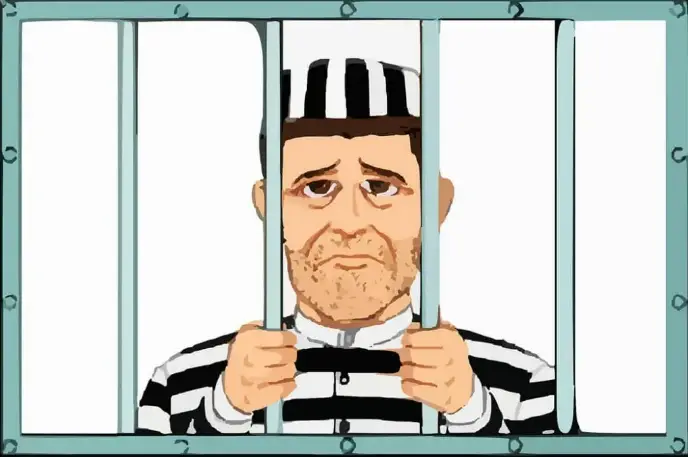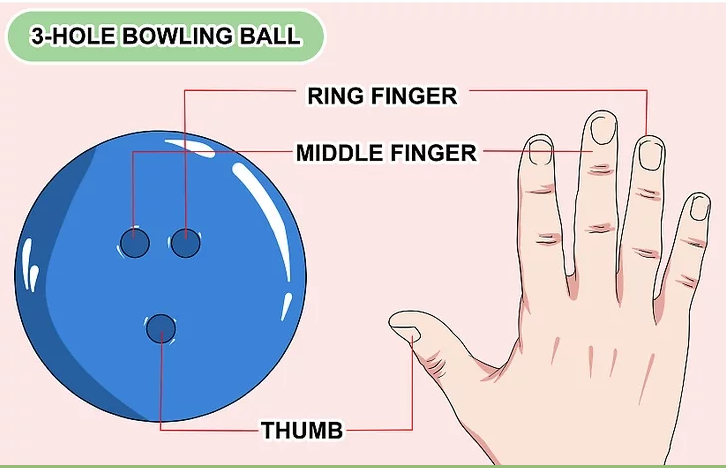When your landlord expresses the desire for you to vacate your rental property, it can be a stressful and unsettling experience. However, as a tenant, you have rights that protect you from unfair or unlawful eviction. In this article, we’ll explore your rights in such a situation and provide guidance on how to handle it.

My Landlord Wants Me Out: What Are My Rights?
When facing the prospect of eviction at the request of your landlord, it’s essential to understand your rights as a tenant. Typically, landlords can only evict tenants for legally valid reasons, such as non-payment of rent or lease violations. However, tenant protection laws vary by jurisdiction, and proper notice is often required. It’s advisable to review your lease agreement, familiarize yourself with local regulations, and seek legal advice if you believe the eviction is unjust to protect your housing situation and assert your rights.
Table of Contents
Understanding Your Lease Agreement
The first step in understanding your rights is to review your lease agreement. Lease terms can vary, and some agreements may allow landlords to terminate for specific reasons only. Understanding your lease is crucial in determining the legitimacy of your landlord’s request.
Legal Grounds for Eviction
Landlords can typically only evict tenants for specific reasons, such as non-payment of rent, lease violations, or the need for substantial renovations. Familiarizing yourself with the legal grounds for eviction in your jurisdiction is recommended.
Proper Notice
Even if your landlord has valid reasons for eviction, they must provide proper notice. The notice period can vary by location and the cause for eviction, but it’s typically at least 30 days. Ensure your landlord adheres to these notice requirements.
Tenant Protection Laws
Many jurisdictions have tenant protection laws in place to safeguard tenants from unjust eviction. Familiarize yourself with these laws and regulations to know your rights.
Challenging an Unjust Eviction
If you believe your landlord’s request is unjust or violates your rights, you have the option to challenge it. Seeking legal advice and understanding the eviction process can be crucial in asserting your rights.
Seeking Legal Assistance
When facing an eviction threat, it’s often wise to consult with a legal professional who specializes in tenant-landlord matters. They can provide valuable guidance and advocate for your rights.
Conclusion
When your landlord expresses the desire for you to vacate your rental property, it’s essential to know your rights as a tenant. Review your lease agreement, understand the legal grounds for eviction, and be aware of tenant protection laws.
If you believe the eviction is unjust, seek legal assistance to assert your rights and protect your housing situation.
Frequently Asked Questions
Can my landlord evict me without a valid reason?
In most cases, landlords can only evict tenants for legally valid reasons, such as non-payment of rent or lease violations.
How much notice should my landlord provide before eviction?
The notice period varies by location and the cause for eviction but is typically at least 30 days.
Can I negotiate with my landlord to avoid eviction?
Yes, open communication with your landlord can sometimes lead to alternative solutions, such as lease extensions or payment plans.
What should I do if I receive an eviction notice?
Consult your lease agreement, local tenant protection laws, and consider seeking legal advice to protect your rights.
Are there exceptions to eviction laws?
Some jurisdictions may have specific exemptions, such as owner move-in or substantial renovations, where eviction may be allowed under certain conditions.
Also Read: My Neighbor is Harassing Me About My Dog [What To Do]







